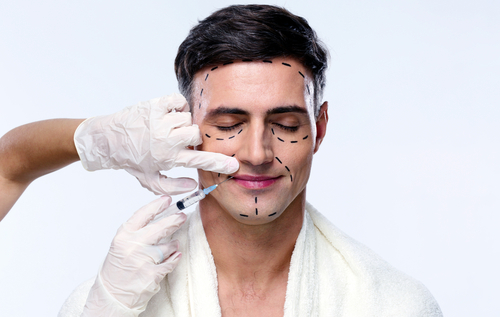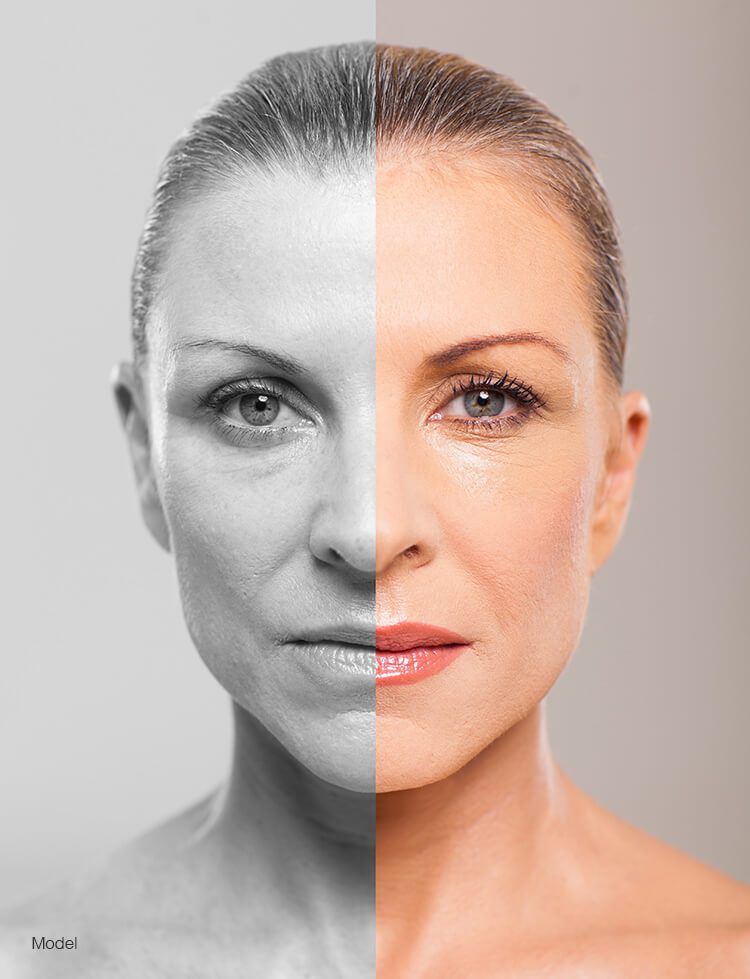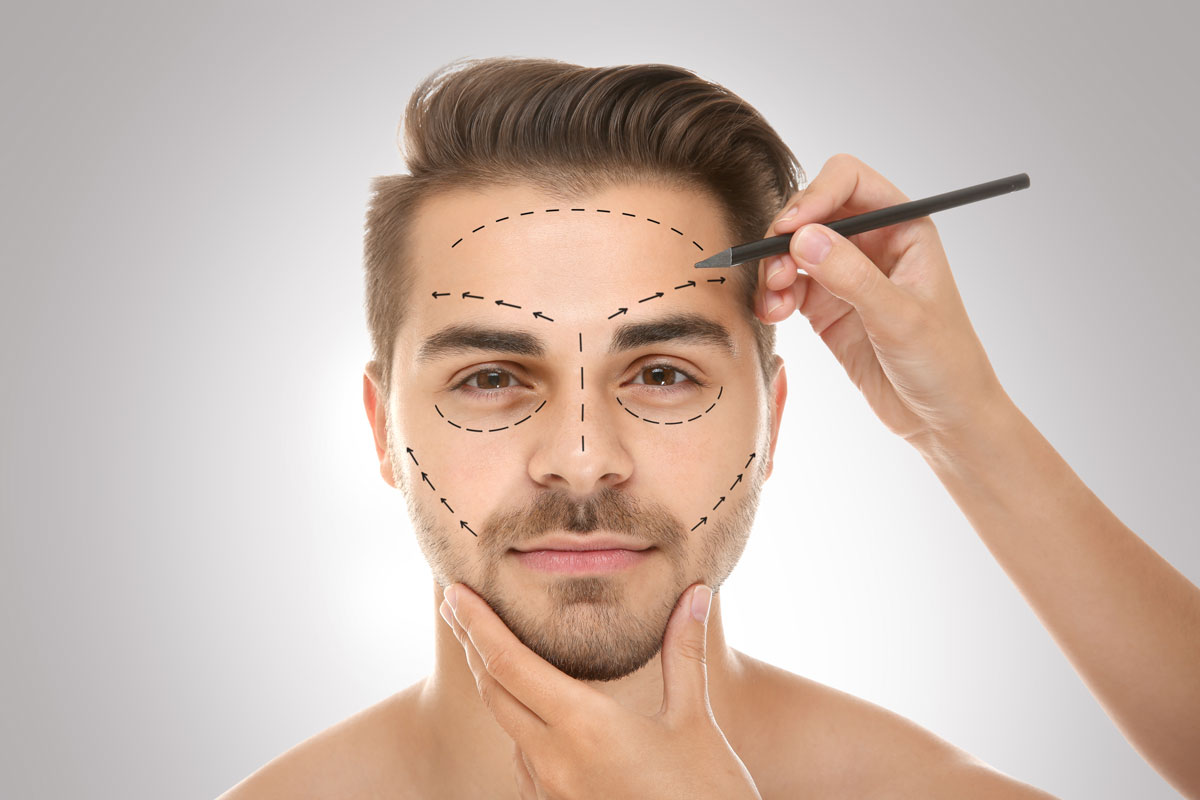Liposuction Bellevue: Target Stubborn Fat with Leading Plastic Surgeons
Liposuction Bellevue: Target Stubborn Fat with Leading Plastic Surgeons
Blog Article
A Deep Study the Typical Reason for Looking For Cosmetic Surgical Treatment: Unpacking the Wish for Change and Self-Improvement

Societal Stress and Appeal Specifications
Regularly, societal pressures and prevailing beauty requirements play a significant duty in individuals' decisions to go after cosmetic surgical procedure (liposuction bellevue). In modern society, graph greatly affects individual perceptions of beauty, often bolstered by media, celeb recommendations, and social platforms. These channels regularly advertise idealized variations of beauty, leading people to internalize these criteria and review their self-respect versus them

Additionally, these stress are not limited to details demographics; they influence individuals throughout different ages, sexes, and backgrounds, highlighting the prevalent nature of beauty criteria. This extensive impact elevates crucial inquiries concerning the values of plastic surgery and the effects of social requirements on individual choices. Ultimately, understanding these stress is important for promoting a more comprehensive definition of elegance that celebrates diversity.
Individual Experiences and Transformative Stories
Many individuals that go through cosmetic surgical treatment report transformative experiences that prolong beyond plain physical modifications. For lots of, these procedures work as a driver for enhanced self-confidence and a renewed sense of identity. People often define feeling liberated from long-standing instabilities, causing raised confidence in both individual and expert realms.
Take, as an example, the tale of a young woman that undertook breast enhancement after years of sensation uneasy concerning her appearance. Post-surgery, she reported not only a newly found convenience in her body yet additionally a considerable improvement in her social life and occupation chances. In a similar way, a middle-aged guy that picked to undertake a facelift shared exactly how the procedure renewed his outlook on life, motivating him to pursue brand-new interests and connections.

Psychological Factors Behind Cosmetic Surgical Treatment
Countless emotional aspects add to the decision to undergo plastic surgery, mirroring much deeper emotional and mental health factors to consider. Individuals typically go after surgical improvements as a way to attend to sensations of insufficiency, reduced self-worth, or frustration with their look. These emotional motivations can be rooted in previous experiences, social contrasts, or personal desires.
Body image distortion is a widespread problem, where individuals regard their physical attributes in an exaggeratedly adverse light. This distortion can cause obsessive ideas regarding perceived defects, prompting the need for medical change as a remedy. In addition, the search of perfection and social stress can amplify these sensations, pressing individuals towards aesthetic procedures in hopes of accomplishing an idealized version of themselves.
In addition, the idea of self-improvement plays a click this critical function. Many people view plastic surgery as a path to improve their lifestyle, thinking that enhanced look will cause raised social acceptance, better connections, or enhanced career possibilities. Ultimately, the mental variables behind plastic surgery underscore the complex interplay between private self-perception and outside impacts, revealing the official site complex nature of the wish for change.
The Duty of Media in Perception
In today's society, media plays a critical duty fit perceptions of elegance and self-respect. Through different platforms-- social networks, tv, and advertising-- idealized standards of appeal are typically distributed, influencing specific desires and self-image. These representations often emphasize slim meanings of attractiveness, mostly including younger, slim, and digitally enhanced images, which can create impractical benchmarks for people aiming to adhere.
The effect of media is additional worsened by the pervasive nature of social media sites, where individuals are pounded with curated web content that highlights cosmetic improvements, backing a culture of comparison. This continuous direct exposure can lead to sensations of inadequacy among audiences, motivating them to think about plastic surgery as a way of attaining the viewed perfect. Research study shows that individuals who involve with these media depictions are more probable to share discontentment with their look, reinforcing the desire for surgical treatments.
Additionally, the normalization of plastic surgery in media stories can desensitize target markets, mounting such procedures as commonplace and even necessary for social approval. Therefore, the media's representation of beauty not just affects private choices regarding cosmetic surgical treatment yet also adds to a wider societal discussion about self-worth and identification.
Future trends and ethical factors to consider
In the middle of the growing popularity of plastic surgery, honest considerations bordering the method have actually come to be progressively famous. As the demand for procedures increases, so also do problems pertaining to informed authorization, the psychological inspirations of clients, and the capacity for exploitation by specialists. It is essential for specialists to guarantee that clients completely understand the risks and benefits, as well as the effects of their choices, to promote an accountable technique to cosmetic improvements.
Moreover, the influence of social media sites and charm criteria raises concerns about the impact on mental health and wellness, specifically among prone populations. As awareness of body picture issues grows, moral practice necessitates a mindful analysis of the inspirations behind medical treatments. Specialists have to stabilize person desires with moral obligation, making sure that choices are rooted in real self-improvement rather than social pressures.
Wanting to the future, fads might change towards non-invasive and technically advanced procedures, highlighting patient safety and contentment. Additionally, the consolidation of mental assessments could aid address underlying problems before surgical intervention. The plastic surgery area have to adapt to these moral challenges while advertising a culture of openness and self-acceptance, inevitably prioritizing the well-being of patients.
Verdict
Finally, the search of plastic surgery is affected by a confluence of social stress, personal experiences, and emotional elements. The need for alignment with prevailing charm requirements, combined with the capacity have a peek here for transformative results, emphasizes the complicated inspirations driving people toward these treatments. Moreover, the function of media in shaping perceptions of elegance can not be understated. As moral factors to consider progress, future fads in plastic surgery will likely show continuous social dialogues bordering self-improvement and individual identification.
Frequently, social pressures and prevailing elegance standards play a substantial duty in individuals' decisions to pursue cosmetic surgical procedure. liposuction bellevue. Ultimately, these transformative tales highlight the diverse reasons individuals look for cosmetic surgery, intertwining personal growth with the search of aesthetic enhancement
Lots of people see cosmetic surgery as a pathway to boost their quality of life, believing that boosted appearance will lead to boosted social acceptance, much better partnerships, or enhanced occupation possibilities. Eventually, the mental variables behind cosmetic surgery emphasize the complicated interplay in between specific self-perception and outside influences, disclosing the diverse nature of the desire for adjustment.
As moral factors to consider develop, future fads in cosmetic surgical procedure will likely reflect continuous societal dialogues bordering self-improvement and private identity. liposuction bellevue.
Report this page